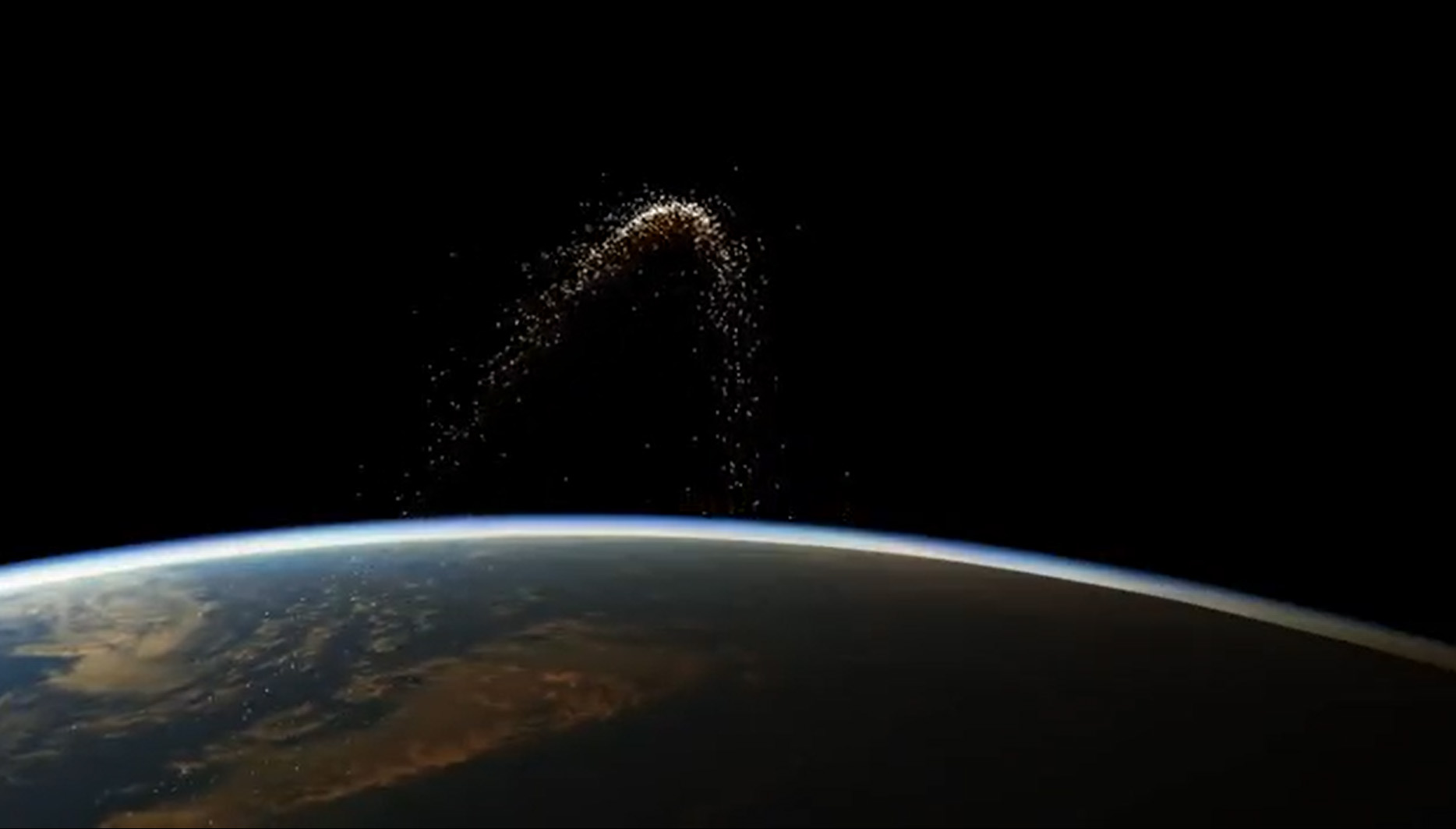
Three more nations have followed the United States' lead, pledging not to perform destructive, debris-spawning anti-satellite (ASAT) tests.
The U.S. made that commitment in April 2022 and soon called for others to do the same, introducing a resolution to that effect at the United Nations General Assembly in September.
The resolution passed overwhelmingly in December. Before the end of the year, nine other nations had signed on to the pledge: Australia, Canada, France, Germany, Japan, New Zealand, South Korea, Switzerland and the United Kingdom.
The momentum has continued to build in 2023, with three more countries coming aboard, according to Space Policy Online: The Netherlands on Feb. 27, Austria on March 3 and Italy on April 6.
Related: The most dangerous space weapons ever
These countries have agreed to forgo a type of ASAT testing known as direct-ascent, which uses missiles launched from the ground, sea-based vessels or from aircraft to destroy dead or dying satellites. This destructive technique can generate big clouds of space junk, as we saw less than 18 months ago.
In November 2021, Russia blew apart Cosmos 1408, a defunct satellite from the Soviet era. The ASAT test created a big new cloud of debris, which has forced the International Space Station (ISS) to conduct evasive maneuvers multiple times.
The test drew condemnation from across the space community.
"I'm outraged by this irresponsible and destabilizing action. With its long and storied history in human spaceflight, it is unthinkable that Russia would endanger not only the American and international partner astronauts on the ISS, but also their own cosmonauts," NASA Administrator Bill Nelson said in a statement just after the test was performed.
"Their actions are reckless and dangerous, threatening as well the Chinese space station and the taikonauts on board," he said, referring to the Tiangong orbiting outpost. "All nations have a responsibility to prevent the purposeful creation of space debris from ASATs and to foster a safe, sustainable space environment."
Over the years, ASAT tests have generated 6,851 pieces of trackable debris, 3,472 of which are still in orbit today, according to the nonprofit Secure World Foundation. The total number is doubtless much higher, as space objects generally must be at least 4 inches (10 centimeters) wide to be tracked from the ground.
The Secure World Foundation applauded the addition of the Netherlands, Austria and Italy to the anti-ASAT camp.
"With each additional country to make this commitment, the world gets closer to this becoming a widely accepted international norm that responsible space actors do not deliberately create long-lived debris that threatens the long-term sustainability of space activities," the organization wrote.
While the signatories include major players like the U.S., France, Germany and Japan, two important space powers are notable for their absence — China and Russia.
Mike Wall is the author of "Out There" (Grand Central Publishing, 2018; illustrated by Karl Tate), a book about the search for alien life. Follow him on Twitter @michaeldwall. Follow us on Twitter @Spacedotcom or on Facebook.







